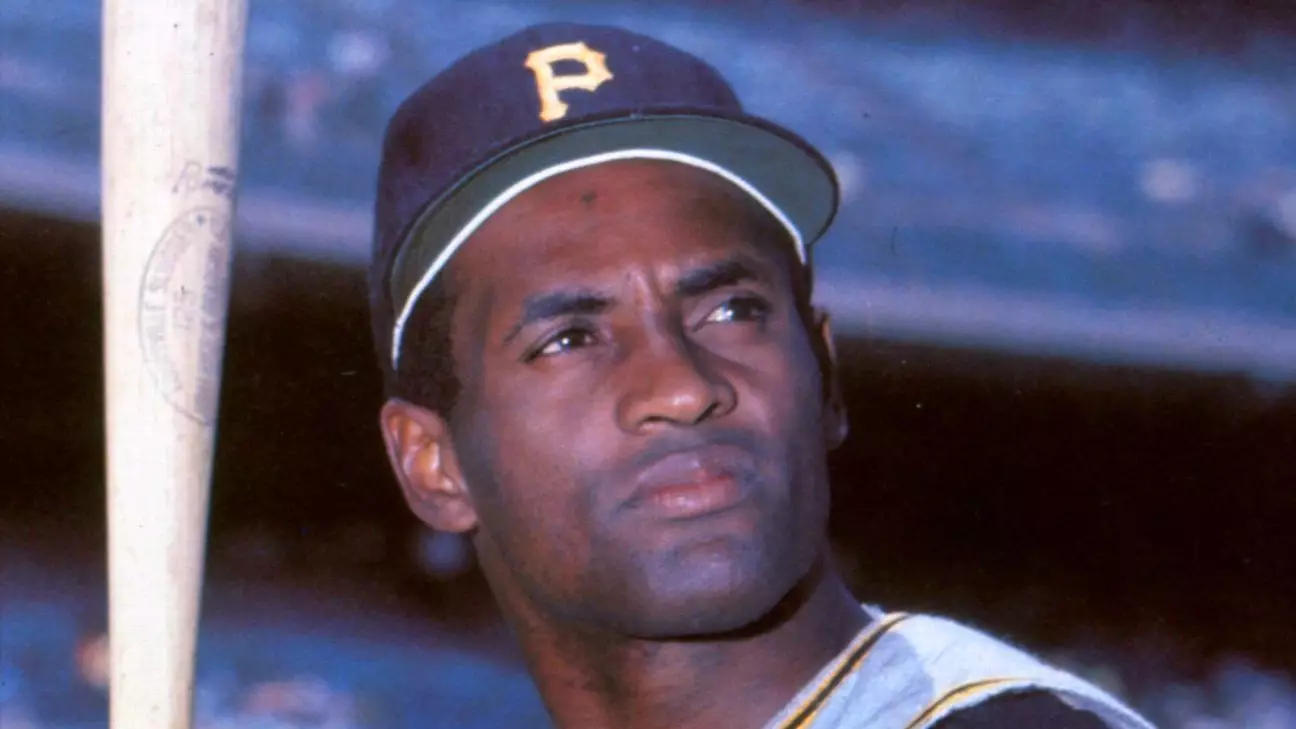The world of sports often intertwines with matters of legacy and memory. Few stories exemplify this connection quite like that of Roberto Clemente, a baseball titan revered not only for his prowess on the field but also for his humanitarian spirit off of it. The Pittsburgh Pirates, Clemente’s lifelong team, recently sparked outrage by removing a sign honoring him from PNC Park’s right-field wall. Instead of the homage that celebrated Clemente’s number 21, the space is now occupied by an advertisement for a beverage known as Surfside. This transition from a tribute to a commercial offer raises profound questions about priorities in professional sports and the overarching respect owed to icons of the game.
A Disrespectful Shift without Communication
What stands out most in this situation is the lack of communication that preceded the sign’s removal. Clemente’s son, Roberto Clemente Jr., expressed his disappointment, highlighting that the choice was made without any dialogue or consultation with the Clemente family. The absence of outreach signals a troubling disregard for history, for it is history that provides context and meaning to the game. According to Clemente Jr., this oversight reflects a deeper issue concerning the Pirates’ engagement with their own heritage—a failure to acknowledge the emotional connections of players’ families and the communities that cherish them.
This move raises an important point: it is not just about a sign, but about honoring one’s legacy through ongoing respect and shared values. The Pirates organization framed the change in their statement by noting the sign was always meant to be temporary. However, given Clemente’s monumental impact on baseball and society as a whole, a reconsideration of the concept of “temporary” is essential. The fleeting nature of commercial interests should never eclipse endeavors to celebrate and preserve cultural significance.
The Community’s Response
The response from fans and supporters has been loud and clear, a chorus of voices reaffirming Clemente’s continued relevance both within Pittsburgh and beyond. The public’s outcry showcases how intrinsic Clemente’s legacy is to the fabric of Pittsburgh’s identity. Many fans express their dissatisfaction not only as supporters of the Pirates but as individuals who recognize that Clemente’s contributions extended far beyond baseball. He stood for humanitarian ideals that resonate to this day, making the absence of his sign on the right-field wall feel like an affront to these values.
The collective voice of the community is a powerful reminder that nostalgia and remembrance are essential in shaping the narrative of any sports franchise. Clemente’s legacy represents more than sports statistics and accolades; it encompasses dignity, community, and altruism. The potency of this legacy served as a rallying point, proving that the connection between a player and his city can never be severed by simple administrative decisions.
Future Collaborations: A Chance for Growth
The path forward should aim for healing and collaboration. As Clemente Jr. indicated in his statement, there’s potential for dialogue that could foster a more respectful partnership between the Pirates organization and the Clemente family. Moving ahead, the club has a unique opportunity to engage in genuine collaboration, which could redefine how they honor their past while being mindful of the community’s sentiments.
While it is clear that the Pirates have made strides to commemorate Clemente’s legacy through various charitable endeavors and daily tributes at the ballpark, this particular incident highlights a critical need for enhanced transparency. A proactive approach to soliciting input from families both of historical figures and of the broader fanbase could pave the way for more sympathetic decision-making going forward.
In an age where brands and sports teams often clash over ideals, the sensitivity required to navigate complex legacies like Clemente’s cannot be overlooked. To reestablish trust, a genuine investment in preserving the memory of such iconic figures is required—not merely in token gestures, but through authentic engagement and humility in recognizing their inseparable contributions to their franchises and communities alike.


Leave a Reply